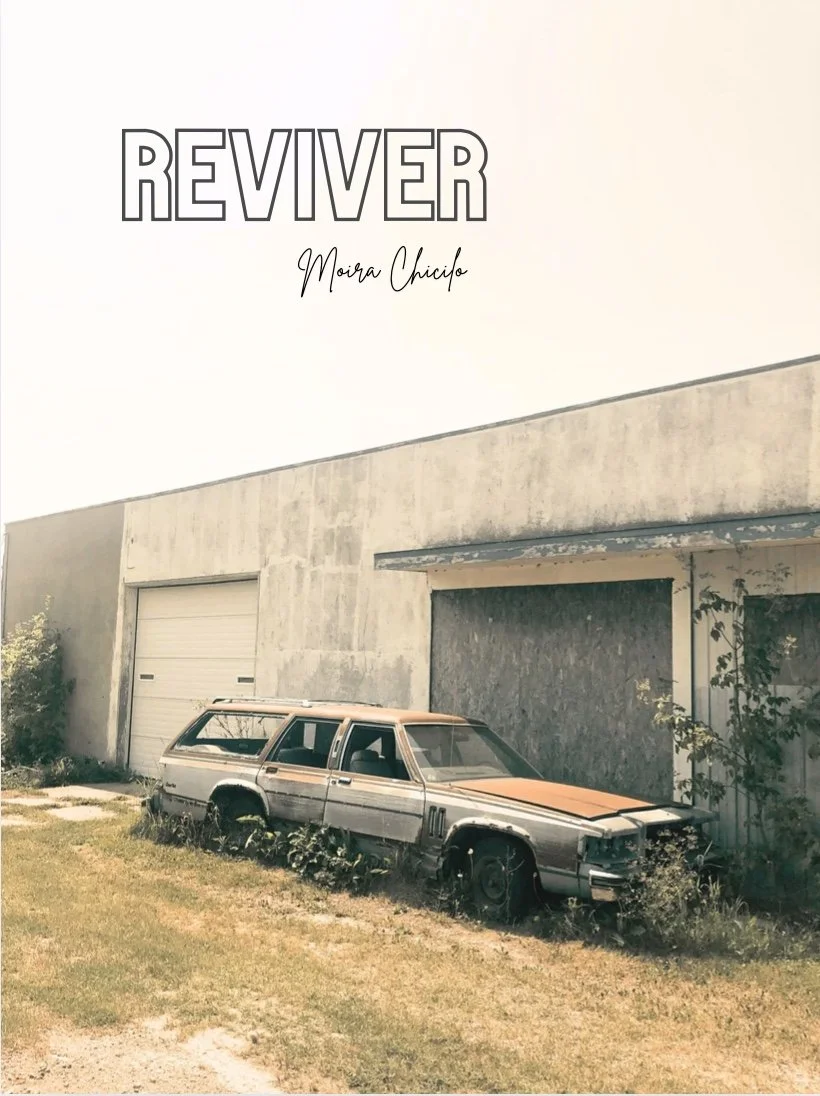Folk/Review Moira Chicilo - Reviver
Moira Chicilo is an indie/folk artist hailing from Vancouver, Canada. Her influences are roots/Americana artists such as Lucinda Williams or Gillian Welch. Vocally she sounds like Aimee Mann (in the personability of her delivery), with a Randy Newman depth and quirk to her songwriting. The fragility of nature, loss, human connection, and choices are themes in her music, and she has been described as holding "the soulful tenderness of Carole King and the heavier grunginess of Radiohead."
Vancouver-based indie/folk musician Moira Chicilo creates a spooky portrayal of contemporary degradation in her song “Reviver,” both individually and collectively. With striking, unapologetic imagery such as "empty shopping carts" and "rusty Honda Civics," she portrays the peaceful desolation of little villages abandoned by development. With a voice that wavers between power and tenderness, the song explores themes of resiliency and ruin, nostalgia and numbness.
Chicilo creates her own unique sound, fusing the somber honesty of Carole King with the enigmatic reflection of Radiohead, while drawing inspiration from Americana legends such as Lucinda Williams and Gillian Welch. Each lyric is a picture of what has been lost and what may yet be preserved, giving her songs a cinematic yet intensely personal sense.
With dusty acoustic guitars and evocative textures that appear to breathe with each note, “Reviver's” music develops gradually. Chicilo's sweet, vulnerable voice conveys the song's emotional weight, which is equal parts silent defiance and grief. There is an undercurrent of hope beneath its somber tone, a suggestion that regeneration is yet conceivable despite its challenges.
“Reviver” is a relevant thematic rumination on the fragility of relationships, towns, and the natural world. The song finds beauty in the voids despite taking a direct look at emptiness.
Moira Chicilo stands out in a crowded folk field thanks to her literary honesty and unadulterated emotional purity. “Reviver” echoes long after the last chord fades, lingering like memory rather than merely telling a story.

